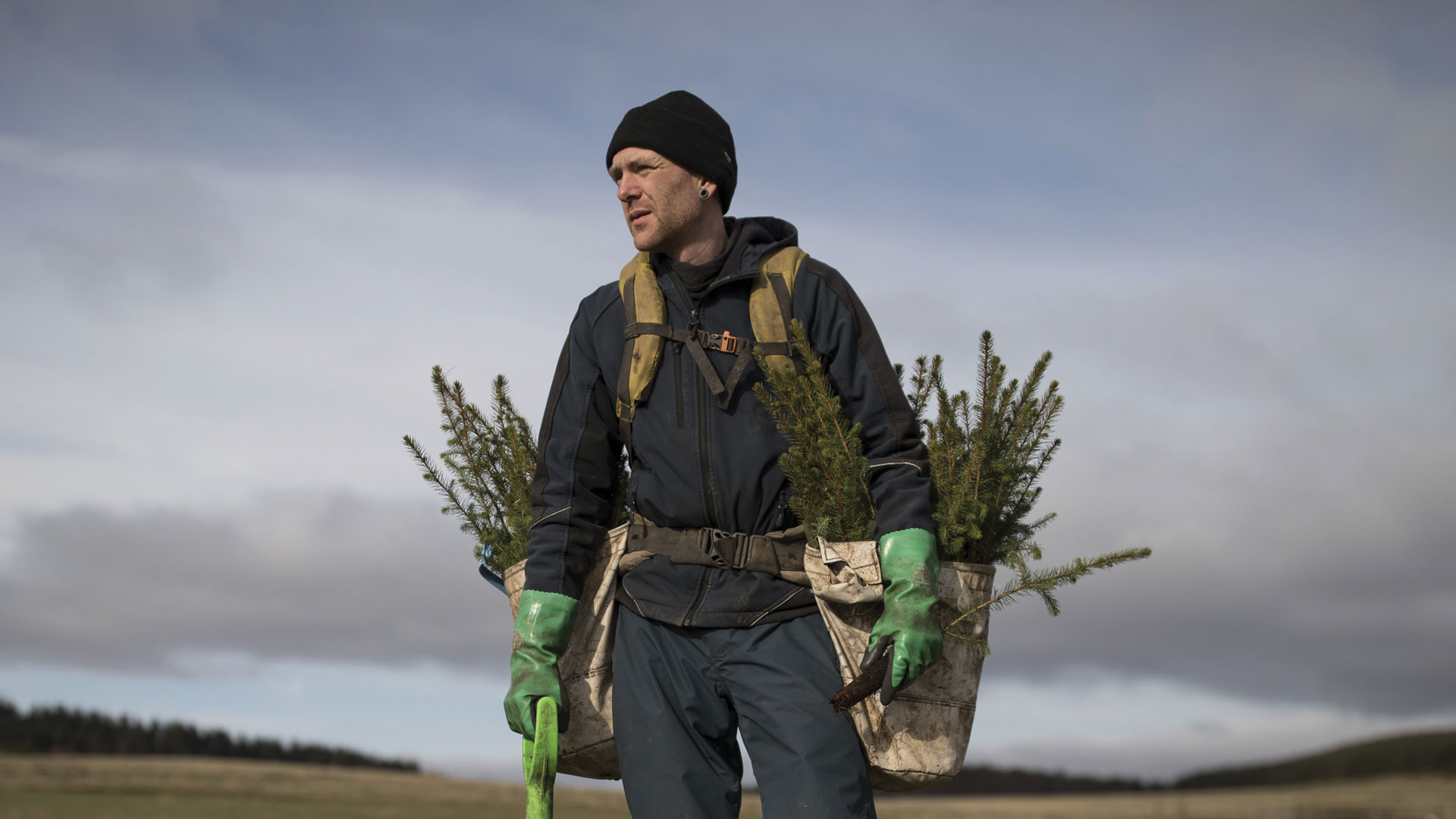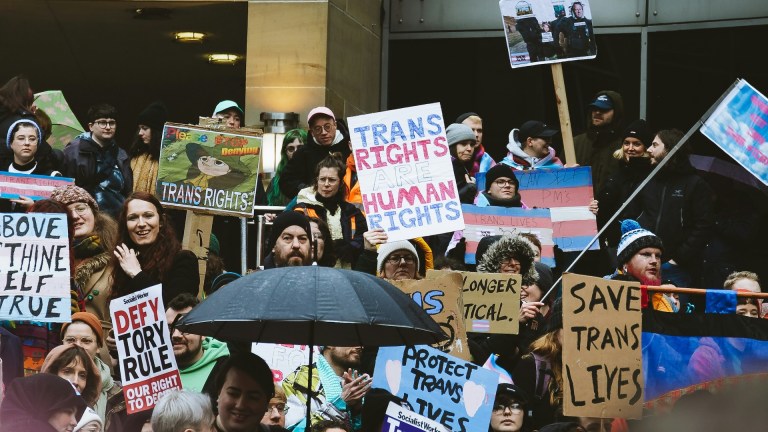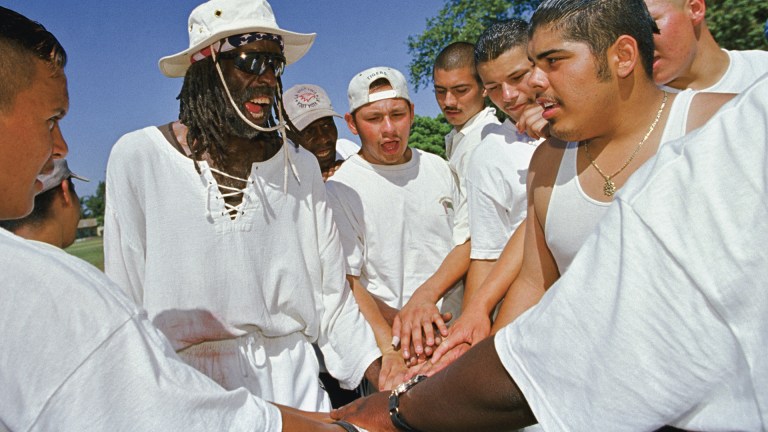Trees – and woods – are having a rare moment in the news. The first saplings have just been planted in two vast new northern forests. The tree butchers of Sheffield Council have been forced by protesters to call a temporary halt to the slaughter of their own street trees. Beavers are back in our woods for the first time for over 400 years; and so, too, are pine martens (precariously). There’s even wild talk of the lynx (and the wolf) following soon. The demand for woodland ownership has never been higher.
And yet, despite this, Britain remains one of the least wooded countries in Europe, with a paltry 13 per cent tree cover (compared to the European norm of over 35 per cent). Recent figures suggest we could even be reverting to a state of deforestation and that the 20th century, at the beginning of which only six per cent of the land was covered by trees, was a short-lived shimmer of hope in a centuries-long story of aggressive deforestation.
The new forests are one attempt to remedy this. The first, at Doddington Moor in Northumberland, is the only conifer-heavy woodland the Forestry Commission has sanctioned in England for over 30 years. In just three years more than 600,000 trees will be planted, covering over 350 hectares. It will be a working forest (with an eye on amenity and conservation) and the trees will be mostly non-native conifers, with some broadleaves in the mix. They will be harvested regularly and are destined for houses, fences and industry. As the saying goes, “a wood that pays is a wood that stays”. The UK is the second biggest importer of forest products in the world, worth over £11bn last year. Doddington is a chance to prove we can grow our own.
This year China is planting 6.6 million hectares of new forest – an area the size of Ireland
The other Northern Forest is being shepherded into life by a coalition of community forest trusts, local government and tree-planting charities, all of them led by The Woodland Trust. One day it will stretch from coast to coast, from Hull to Liverpool, and over 50 million (mainly native broadleaf) trees will be planted, mostly on low-value agricultural land, connecting what little is already there (the north has under eight per cent tree cover), leaving plenty of room for moors and meadows, and surging into the cities (yes, even Sheffield), reconnecting 13 million people with their lost wild woods.
It’s a thrilling idea, announced with great fanfare by the government, who then grudgingly coughed up a miserly £5.5m to get things moving. The remainder of the £500m budget will have to be raised by the rest of us.









